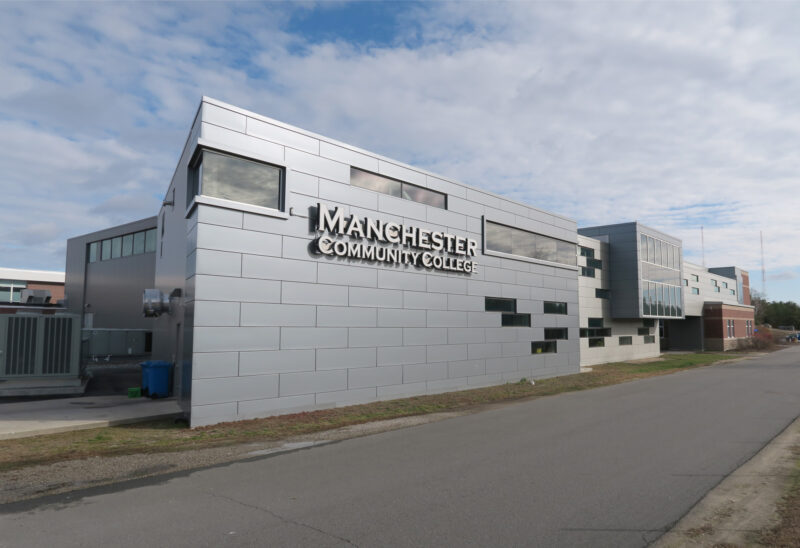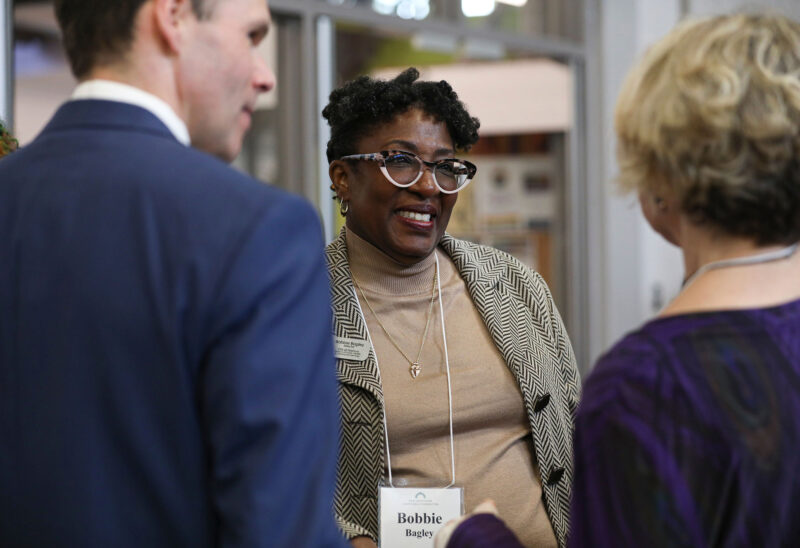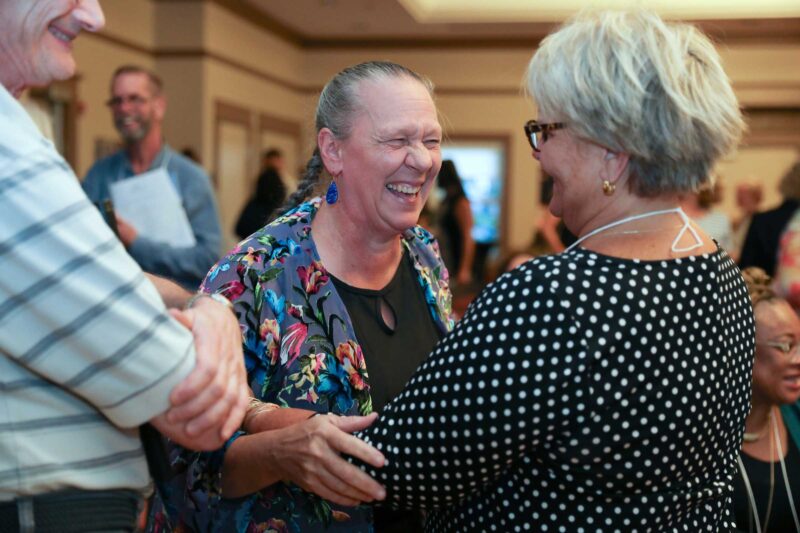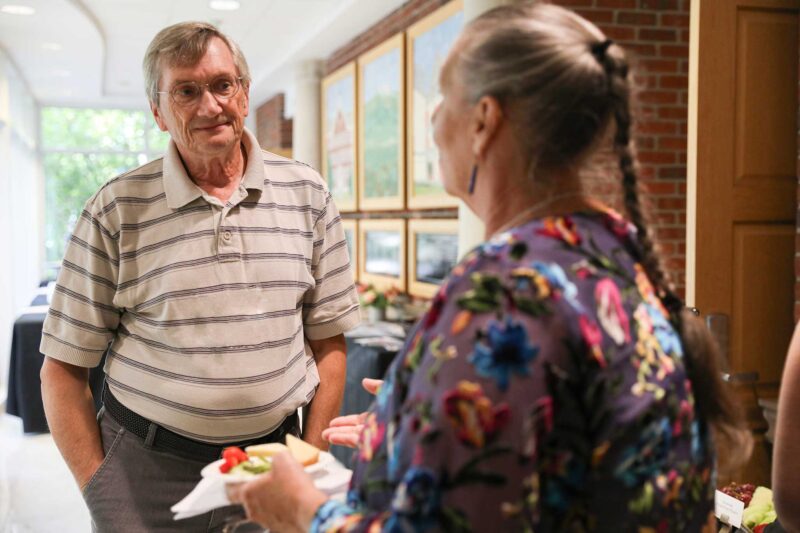If you have ever needed a hospital or a pharmacy; driven on well-engineered highways; eaten food that was grown and shipped safely; felt the protective assurance of our armed forces and intelligence services; used a cell phone; gotten a vaccine to guard against a deadly disease…then you have benefited from public schools.
This is the social contract we have made: since we all rely on an educated populace to do countless things we all depend on every day, we all chip in to a system of public schools to educate people. We all agree to support this common good that benefits us all — whether our kids happen to be in school, or if we even have kids of our own.
We all need strong public schools because we need all our children to be able to get the robust education that will allow them to go on to become the nurses and doctors, the engineers and entrepreneurs, the public-health researchers and food-safety inspectors, the firefighters and intelligence analysts and teachers who will support our communities and economy tomorrow.
The New Hampshire Charitable Foundation is in the midst of a 10-year initiative to improve outcomes for New Hampshire children and families who face significant barriers to opportunity.
Public K-12 schools play a critical role in providing that opportunity by delivering on the very American promise of an education for all — no matter how much money your parents have, or where you live, or the color of your skin or if you get around on your feet or in a wheelchair.
But the public good that is public education is being imperiled in New Hampshire in ways that put children’s education and the well-being of our communities and our economy at risk.
How?
By inequity.
Some schools in New Hampshire have well-paid veteran teachers, top-notch facilities, state-of-the-art equipment and resources. Some districts struggle to pay dedicated educators, have constant teacher turnover, patched-together buildings and outdated resources. The former are in wealthy towns, the latter are not.
And disparities in funding correlate with disparities in outcomes.
In New Hampshire, according to an independent report produced for the state’s Commission to Study School Funding: “The highest poverty school districts have the lowest student outcomes. The negative relationship between poverty and outcomes is very strong.”
New Hampshire’s state constitution mandates that the state provide an “adequate” education to all children. Since a coalition of “property-poor” towns sued the state in the 1990s, various funding formulas have been applied by the legislature — all of which have continued to rely predominantly on local property taxes to foot the majority of the bill for public education. The amount the state sends to districts remains far below what districts must spend. Another group of districts sued the state in 2019, asserting state adequacy aid would need to triple to meet the basic requirements set out in state law. The state Supreme Court sent the “ConVal lawsuit” (so named for the Contoocook Valley school district, one of the districts that brought the suit) back to Superior Count in March for a trial. Manchester and Nashua, the two largest districts in the state, joined the suit this month.
All children in every public school in New Hampshire (not just the ones in wealthy towns) should have the resources, facilities and teachers needed to ensure them a world-class education and the best outcomes possible. Our current unequal system of supporting schools creates two separate and unequal classes of education for our kids, robbing too many of them of the American promise of equal opportunity.
By a troubling move toward privatization.
Running through some recent proposed legislation and public discourse is a disquieting attack on the idea of public education as a public good.
The school voucher program being considered by the legislature is a system under which taxpayer-generated state aid earmarked to educate children in public schools is redirected to private schools or home education.
Voucher programs would risk further exacerbating funding inequity in New Hampshire schools and leaving the most vulnerable children — the ones who rely most on the promise of public education — in schools with fewer resources, increasingly inadequate facilities and diminished opportunity. An analysis by the nonprofit, nonpartisan Reaching Higher New Hampshire shows that the program would cost the state nearly $70 million in new state spending over three years.
Vouchers do not help kids do better. Multiple independent studies from states that have implemented vouchers have shown that voucher programs do not improve academic outcomes. Voucher programs also deepen racial segregation in schools (which has also shown to diminish outcomes for all children) and leave LGBTQ students vulnerable to discrimination.
Taking public funds from our public schools to pay for private education is not a good answer for how to make our schools stronger for the nine out of ten of New Hampshire’s children who use them.
Just like public fire departments, highways and health departments, public education is a public good that benefits us all. And just like all those other things, it deserves robust investment, access to it should be equitable — and we absolutely cannot do without it.

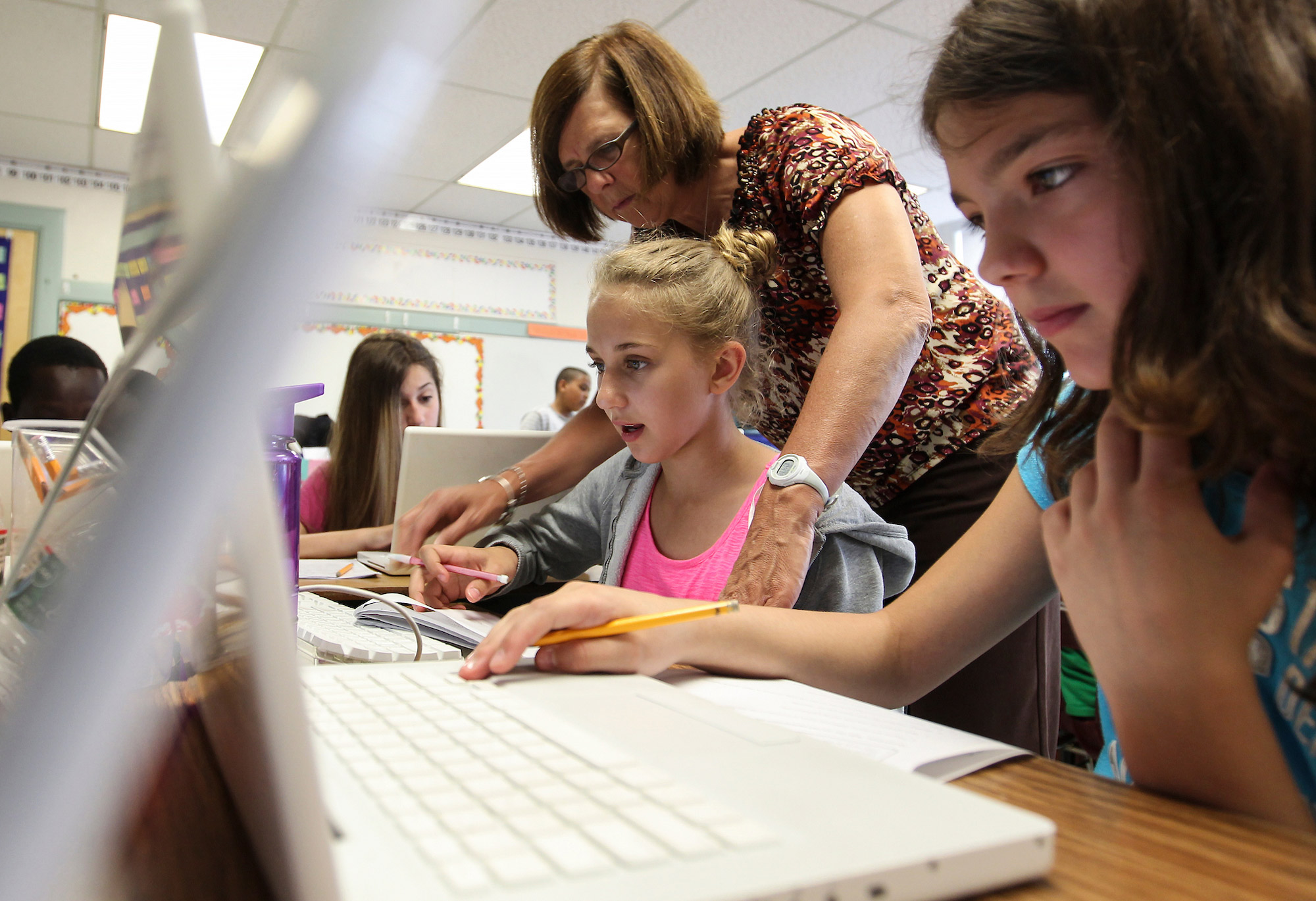








![Rev. Heidi Carrington Heath joined Seacoast Outright. [Photo by Cheryl Senter]](https://www.nhcf.org/wp-content/uploads/2024/05/Heidi-Carrington-Thumbnail-800x548.jpg)
![Dr. Jennie Hennigar treats a patient at the Tamworth Dental Center [Photo by Cheryl Senter]](https://www.nhcf.org/wp-content/uploads/2024/05/TCCAP-Hero-800x548.jpg)

